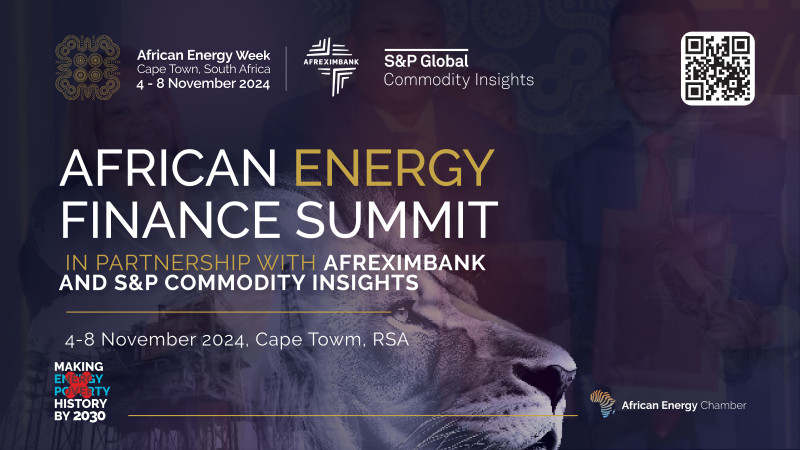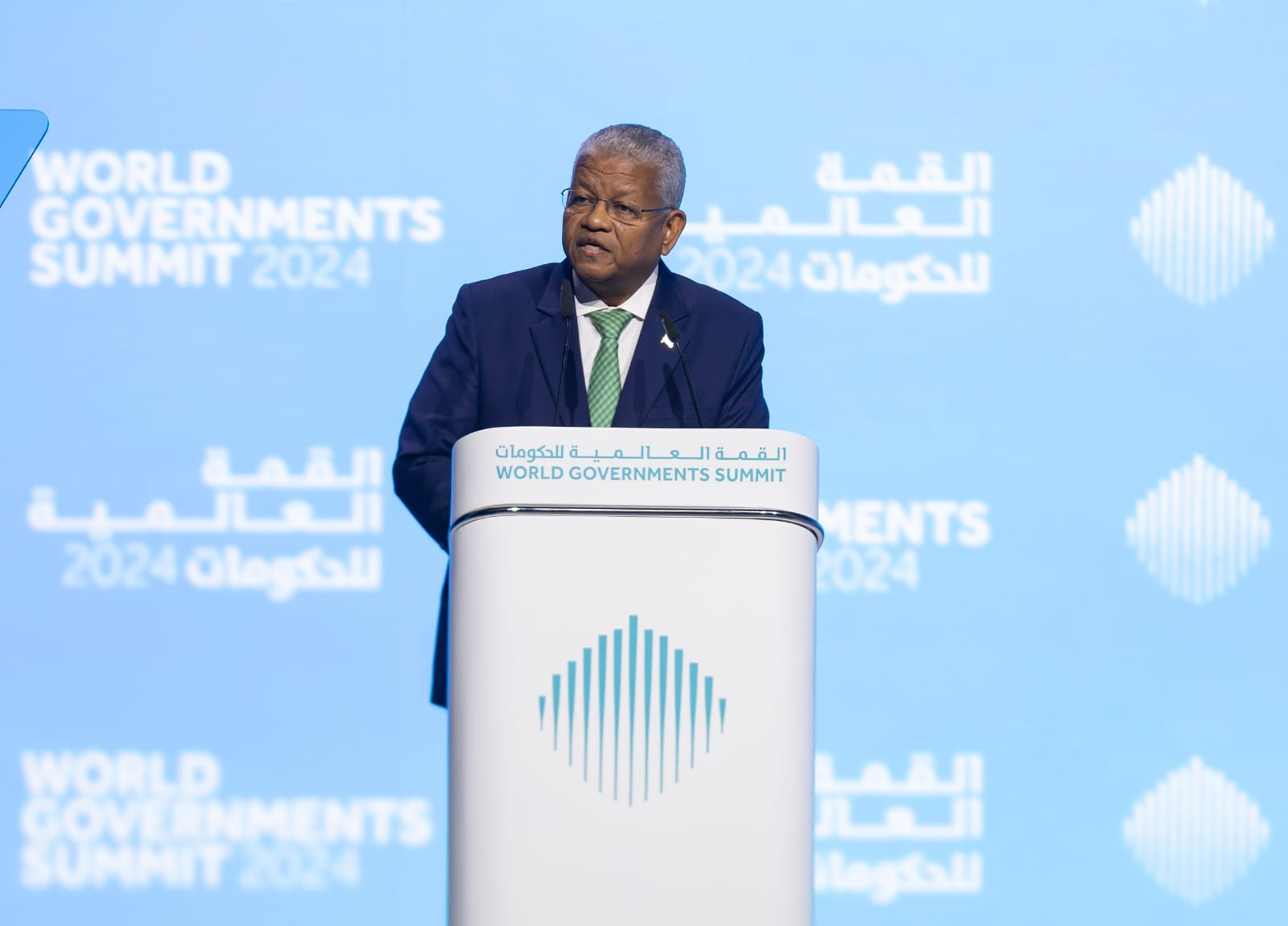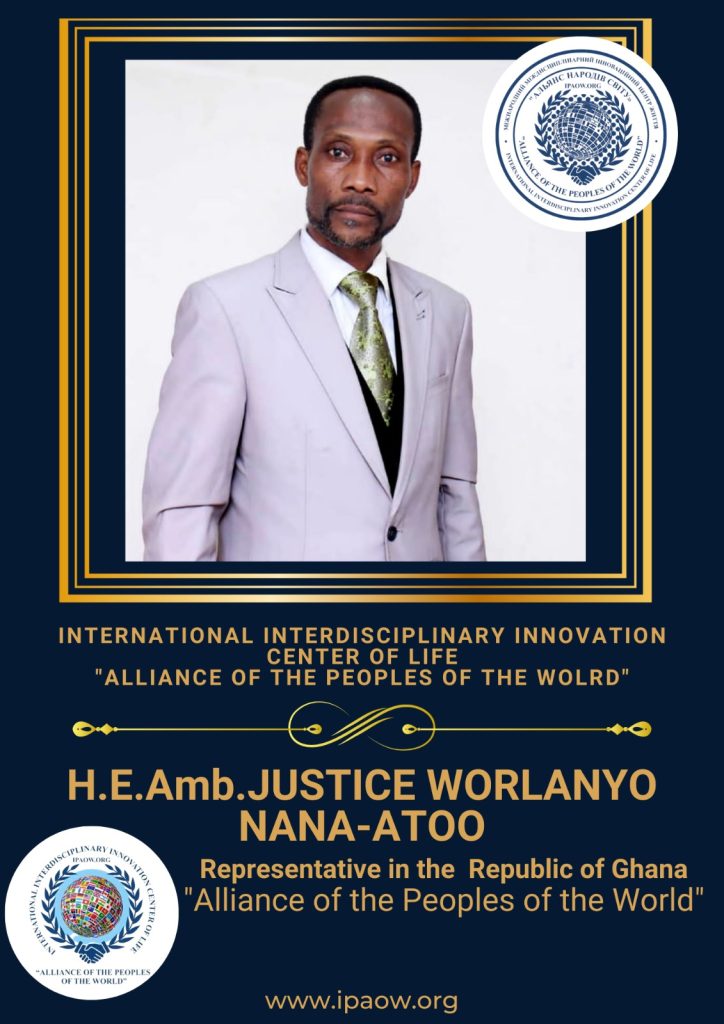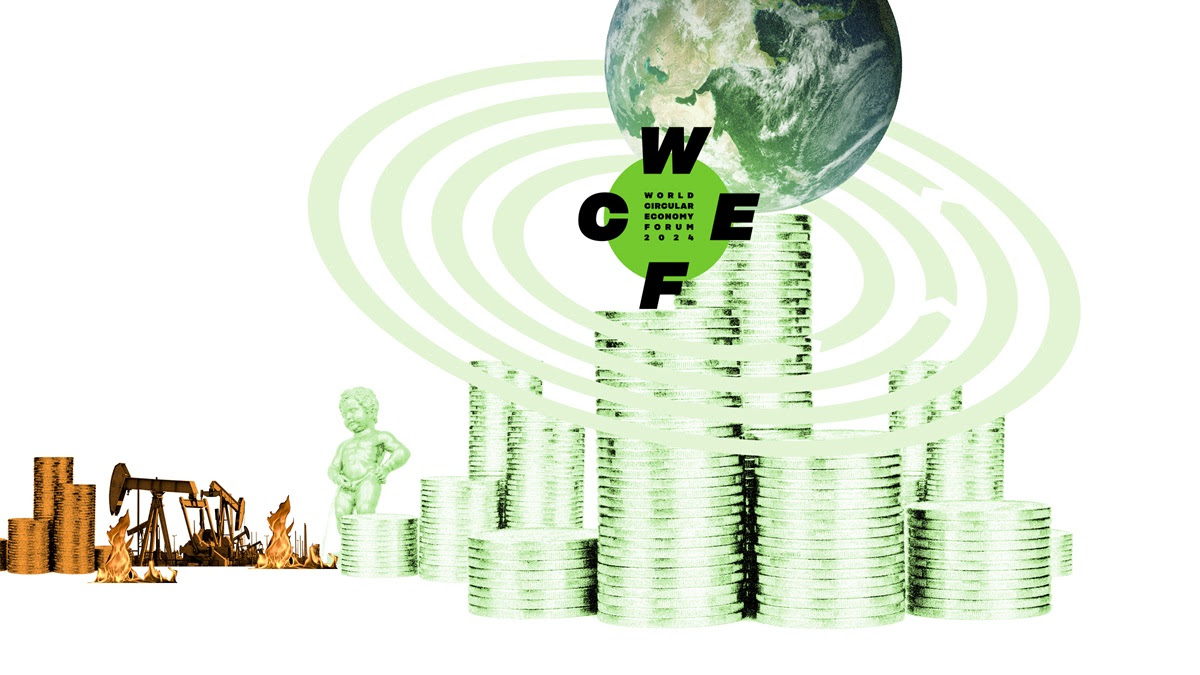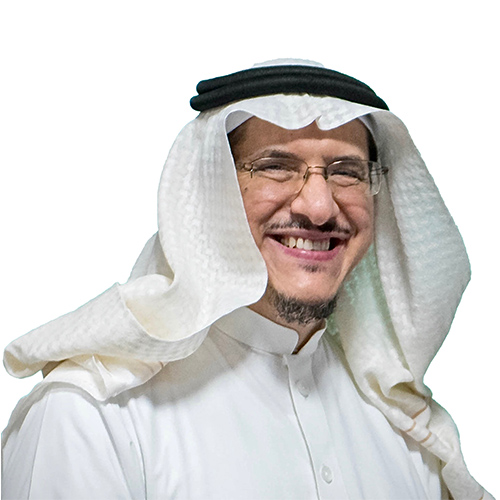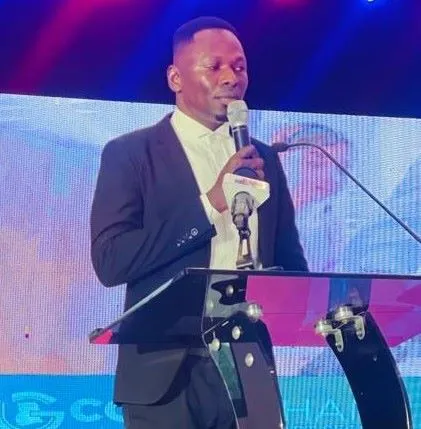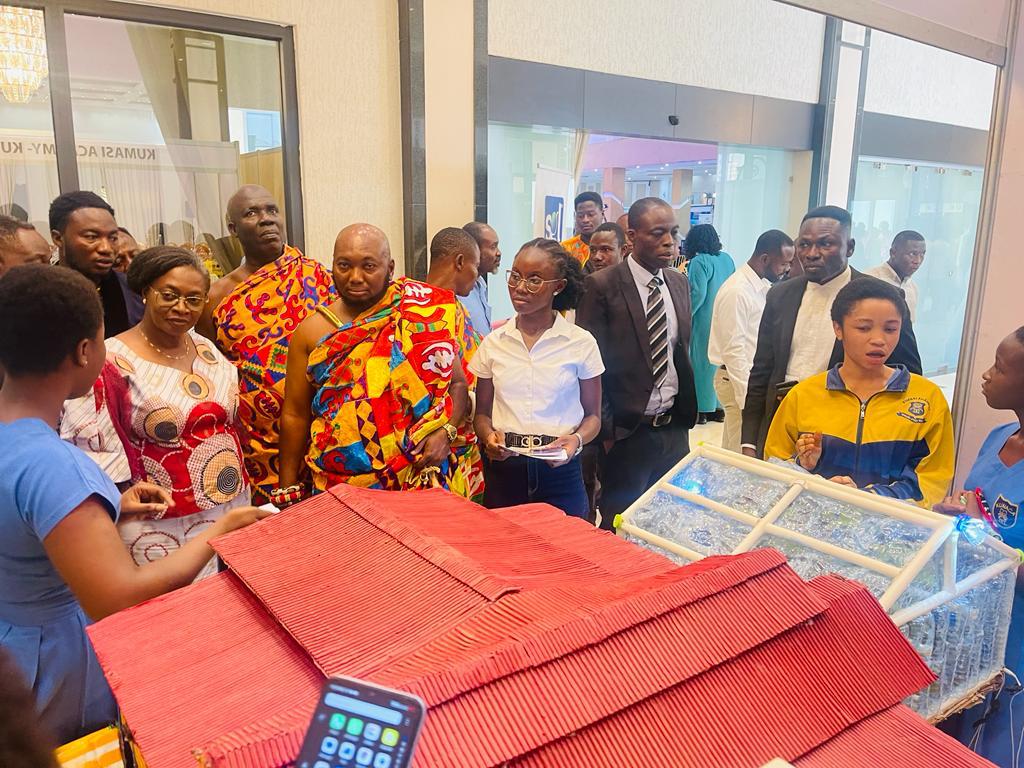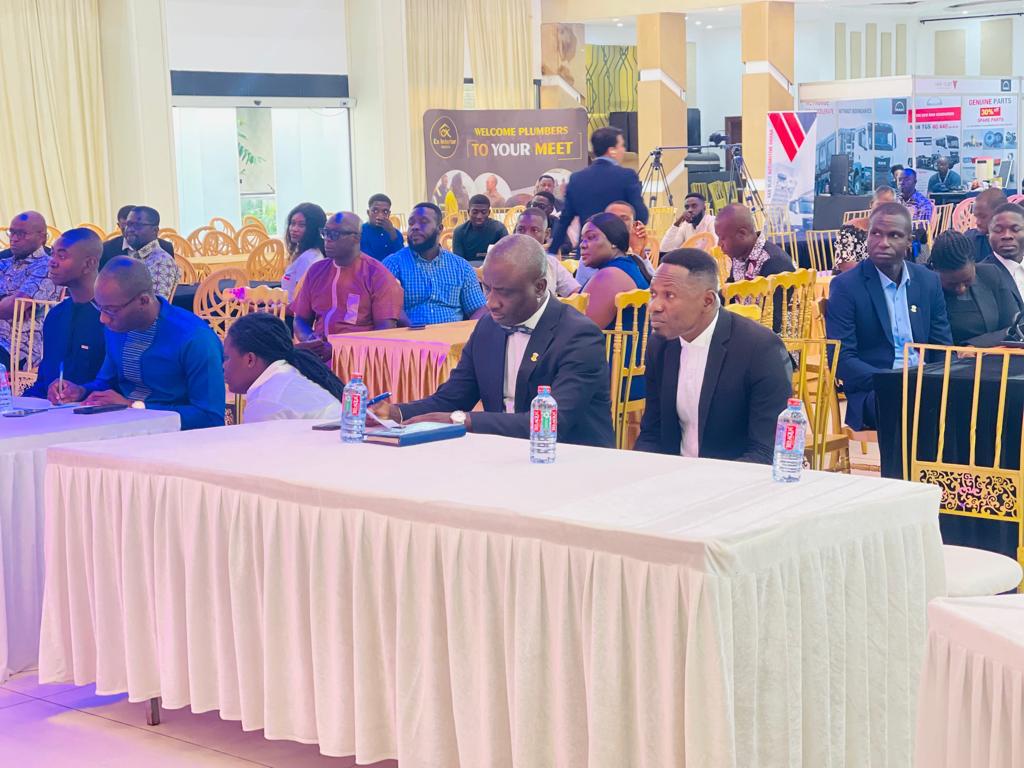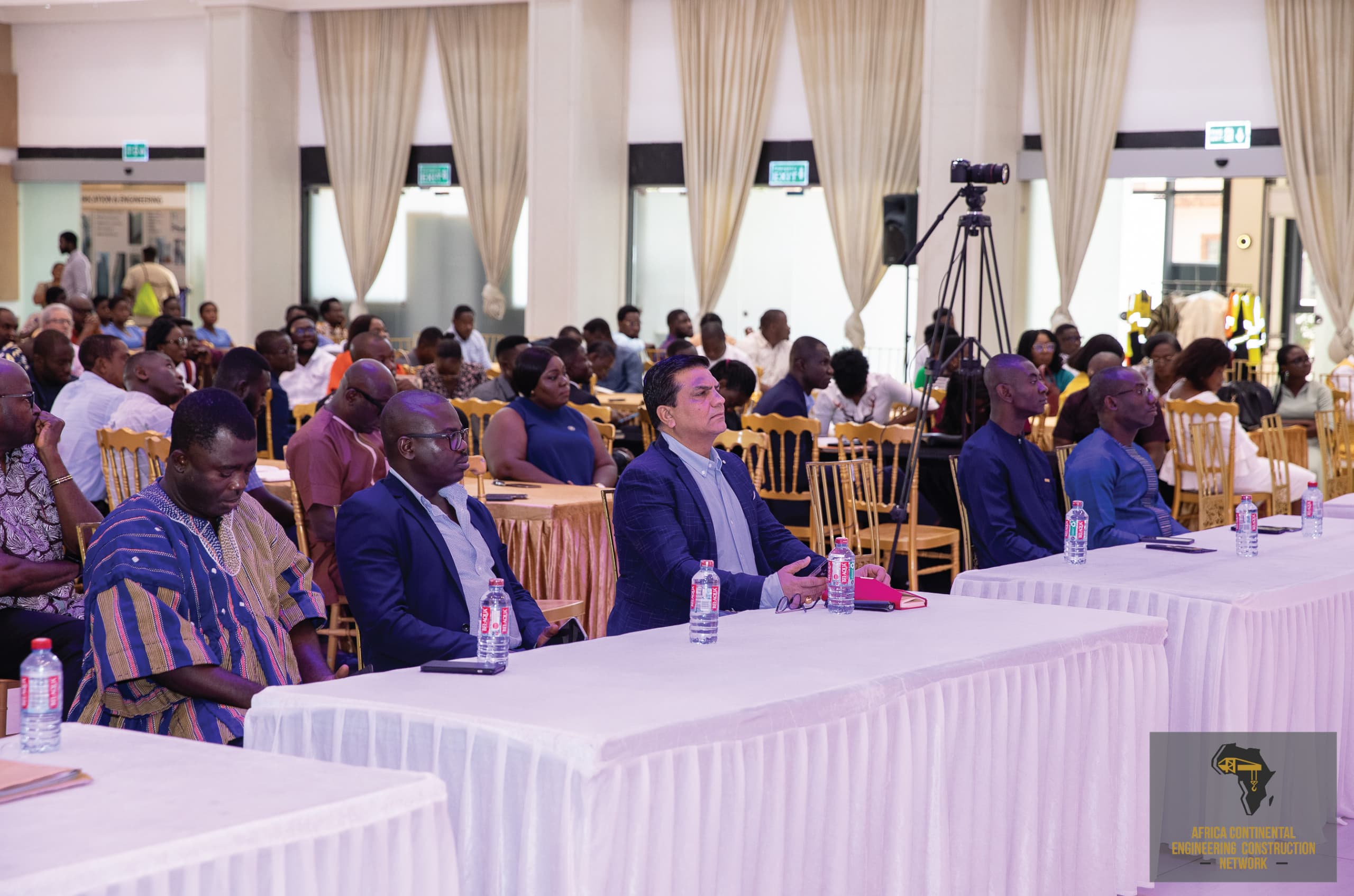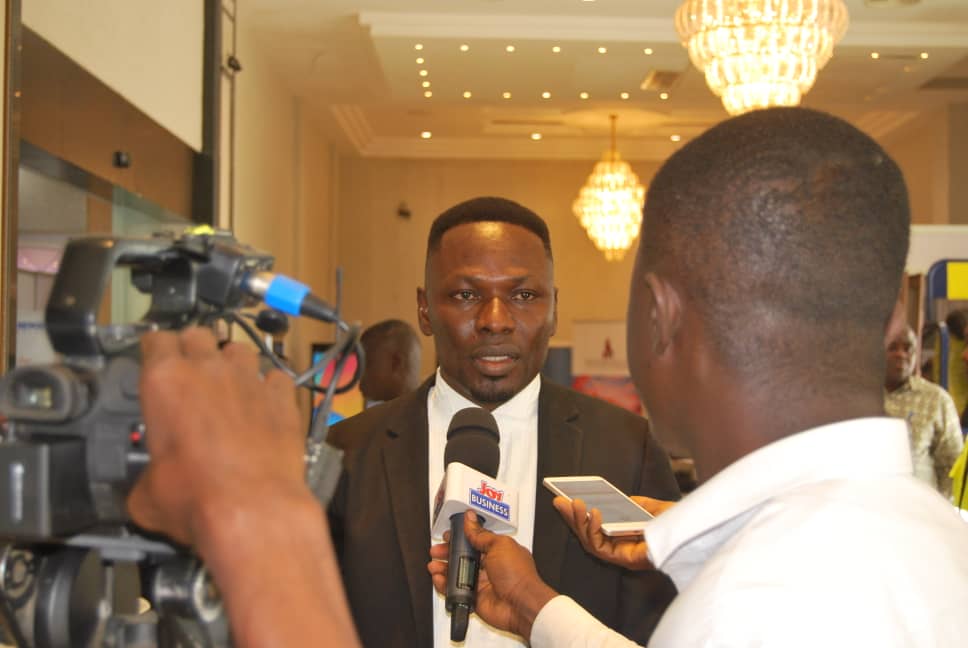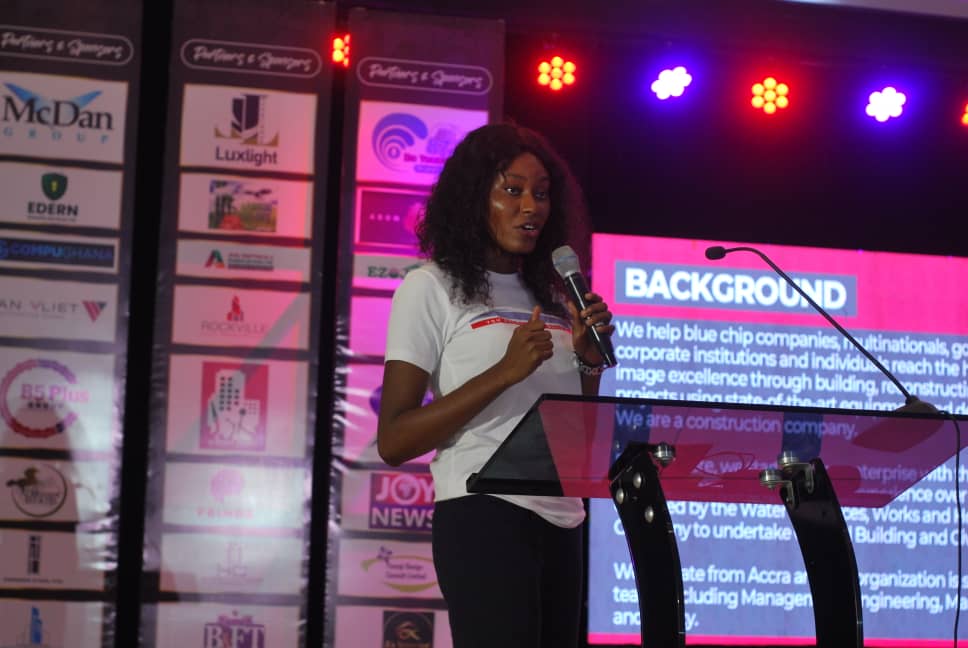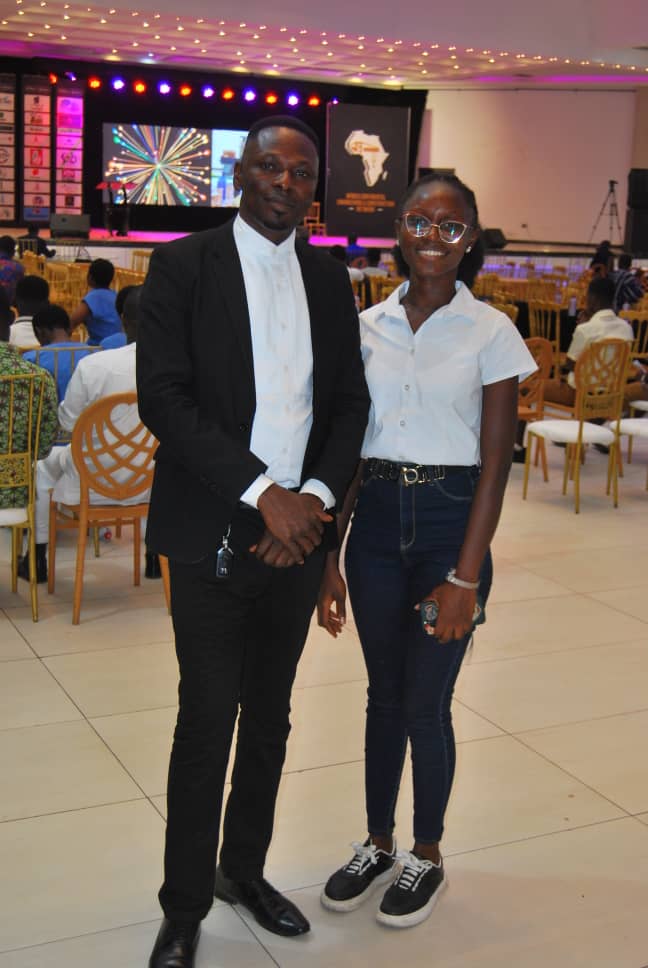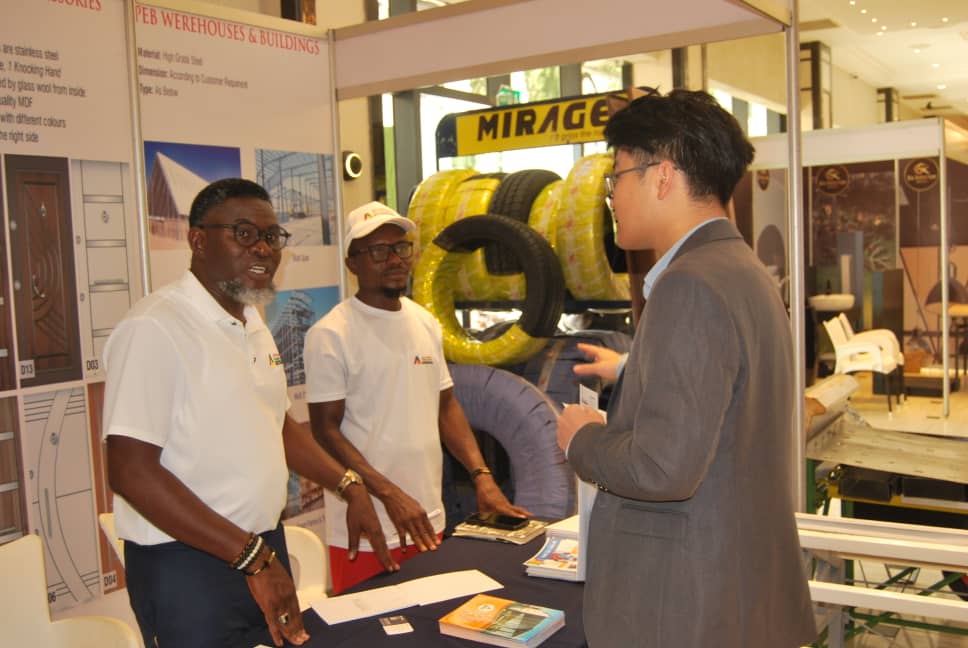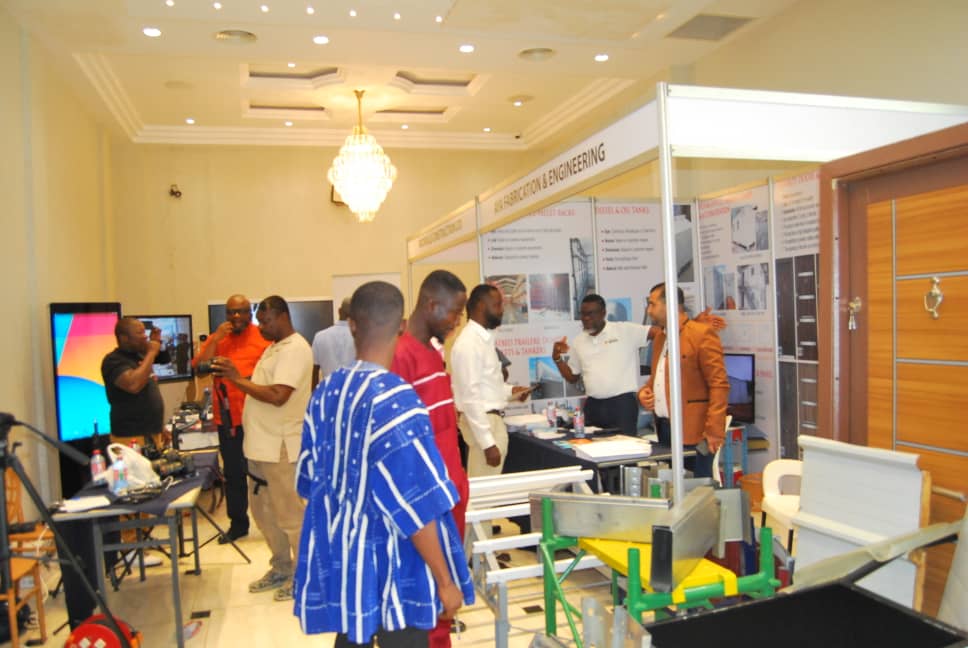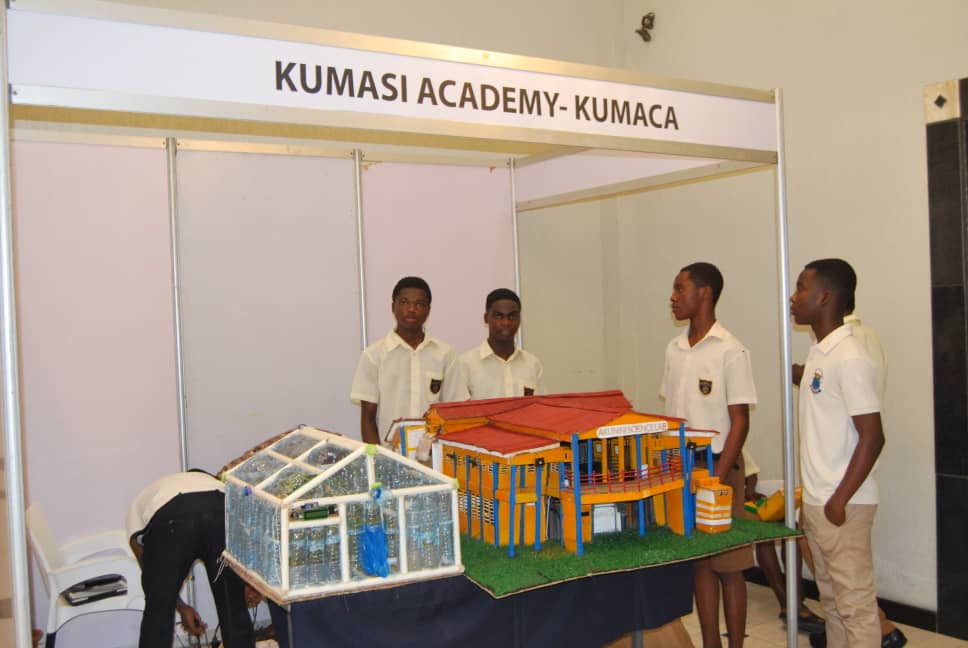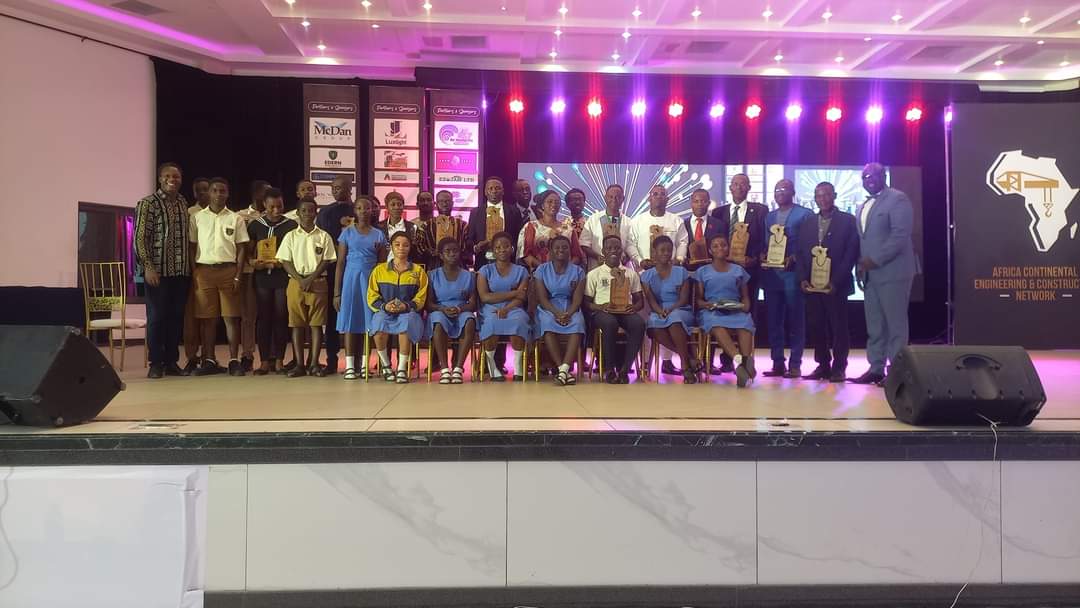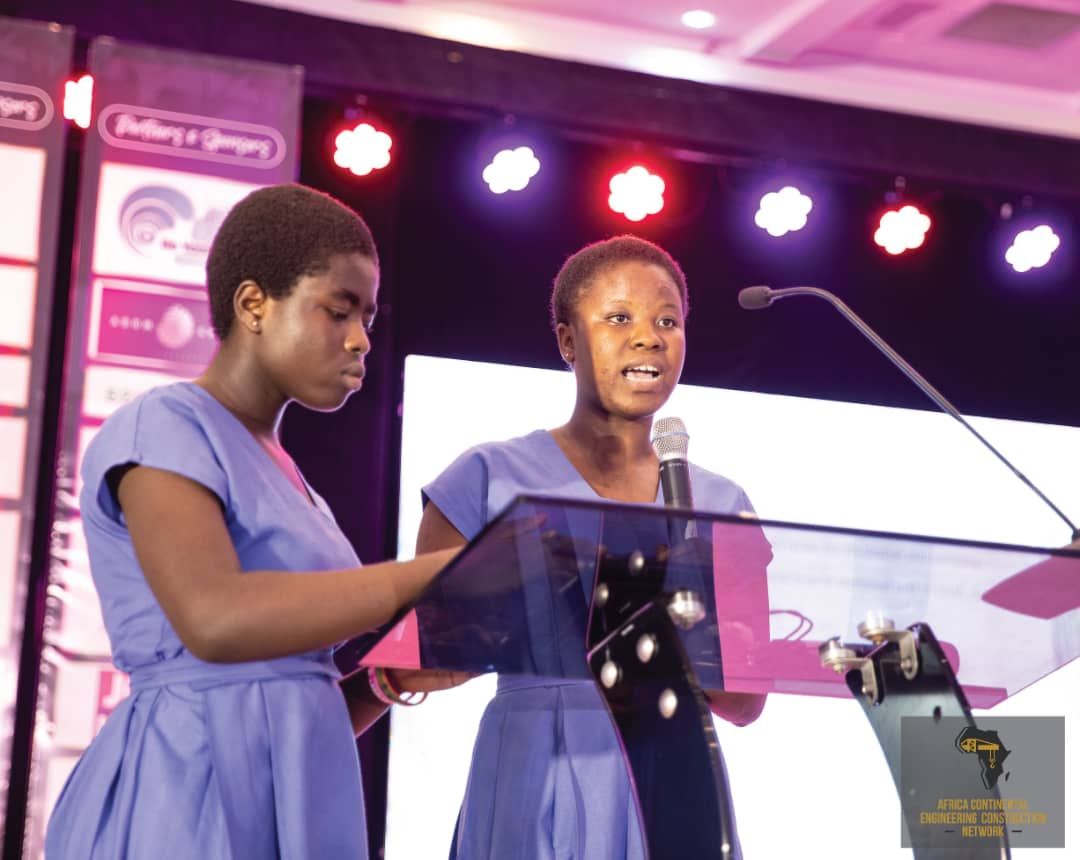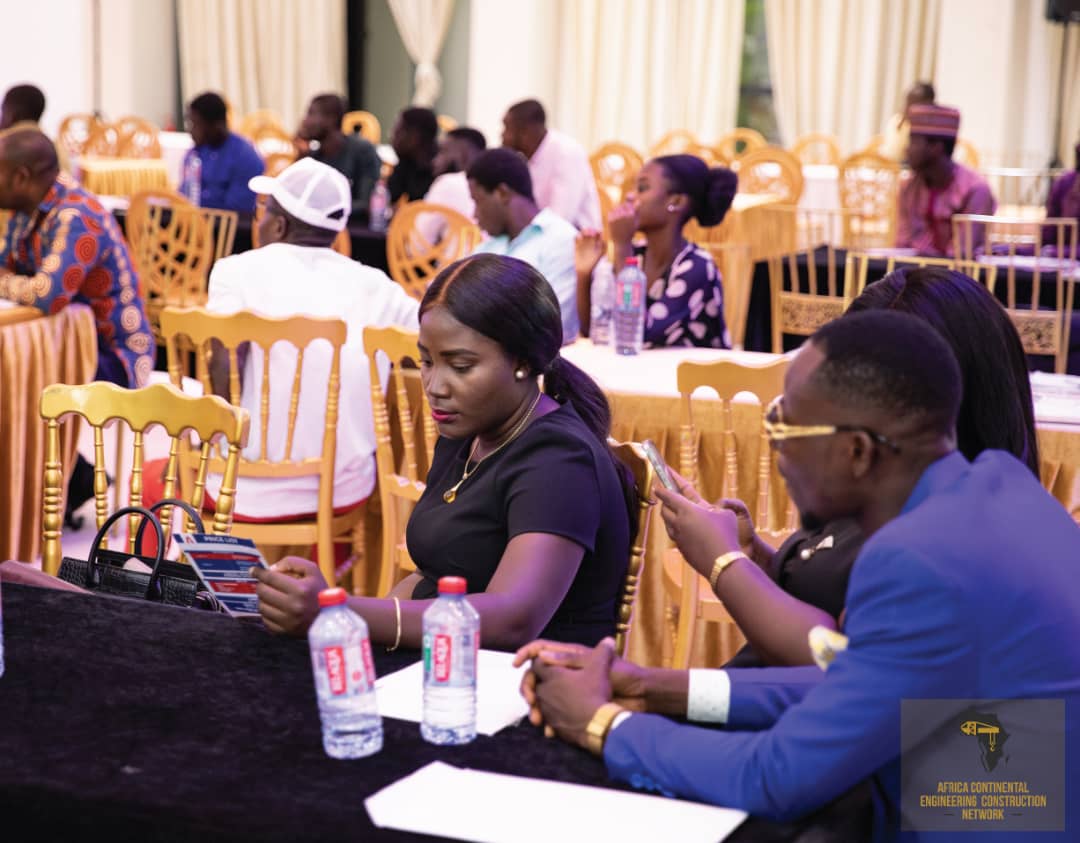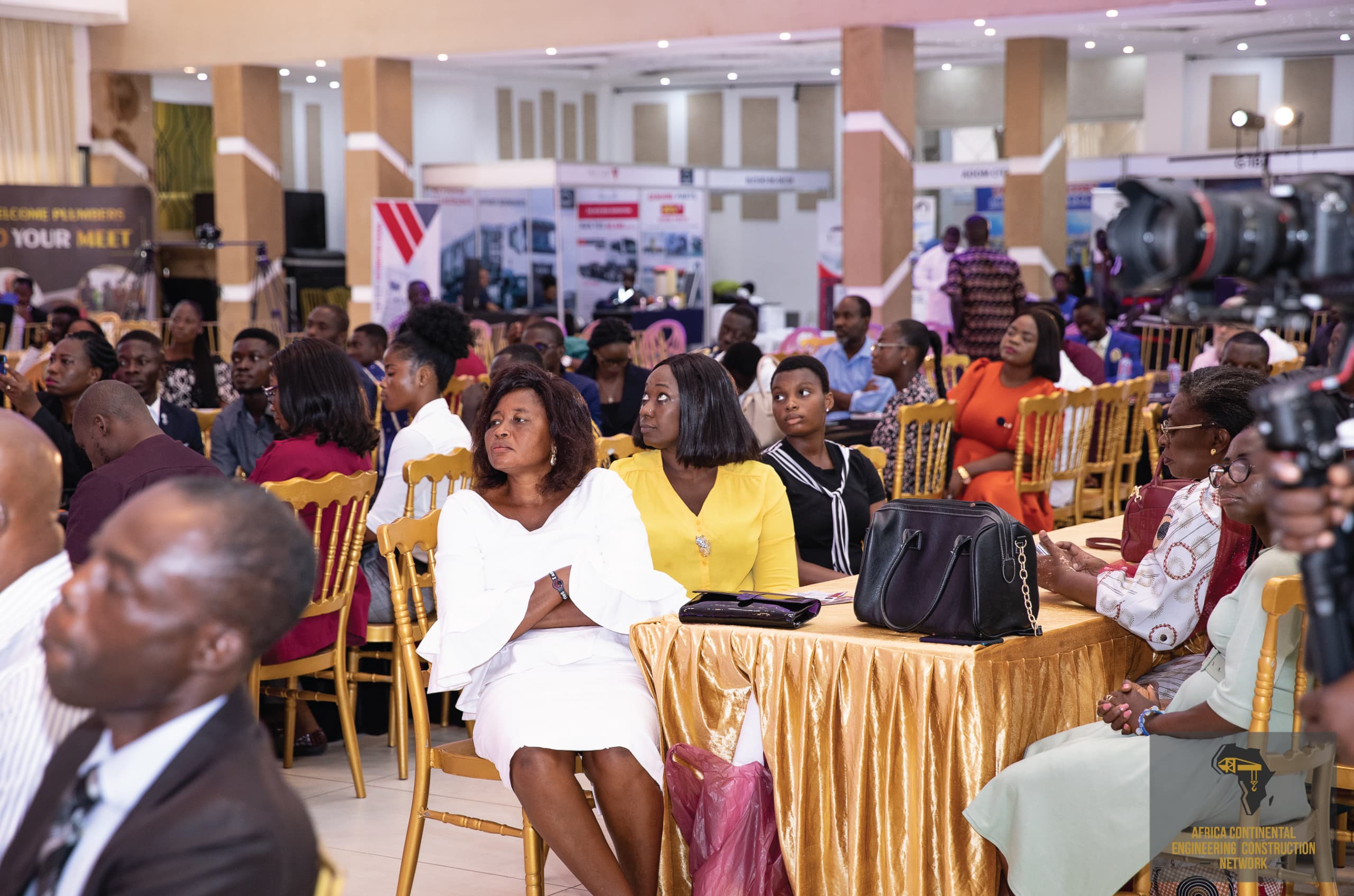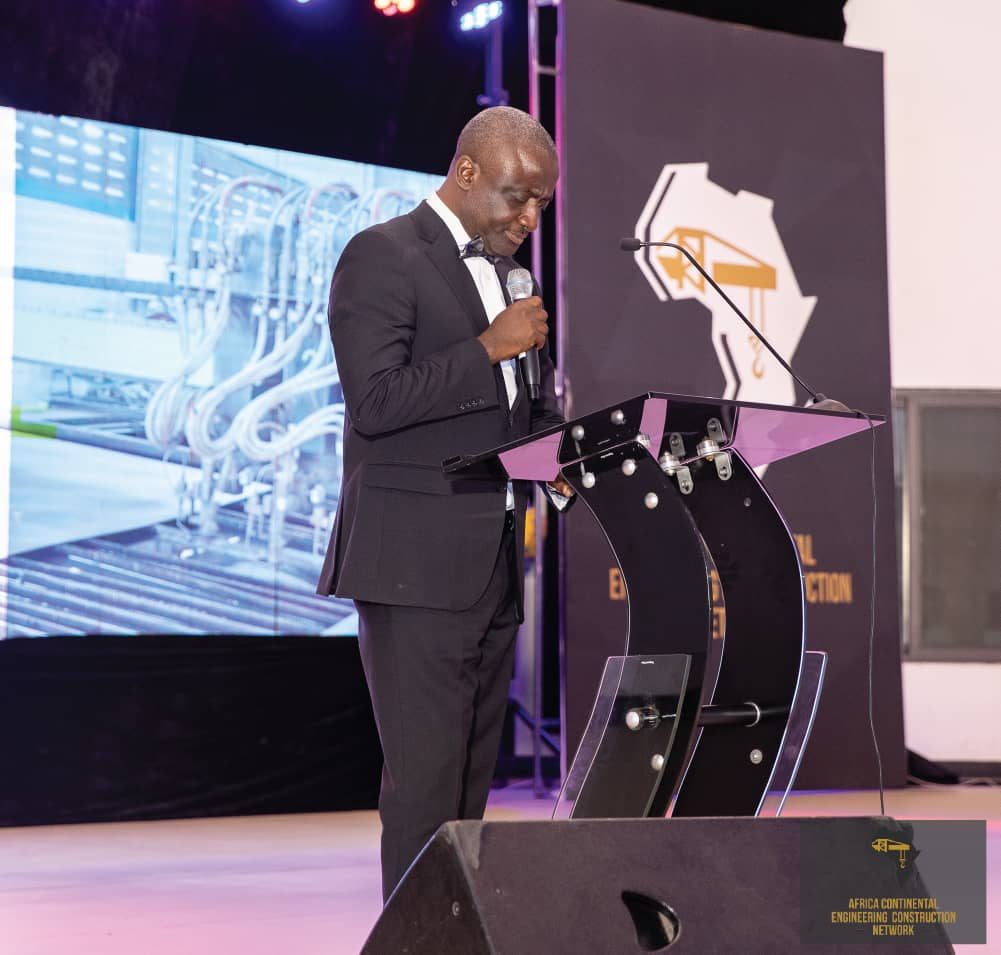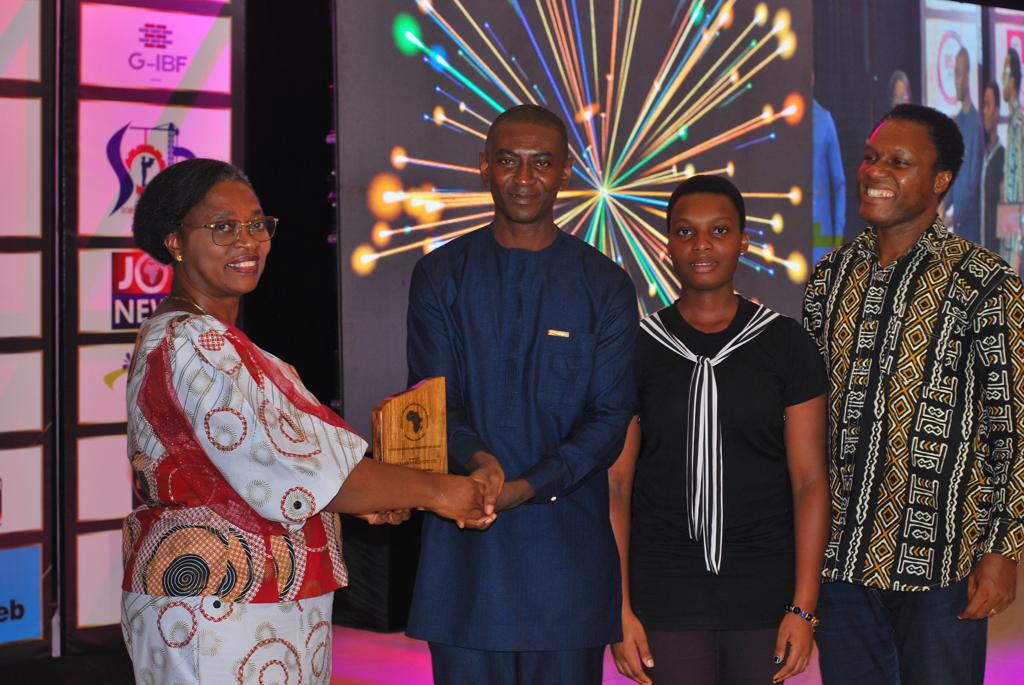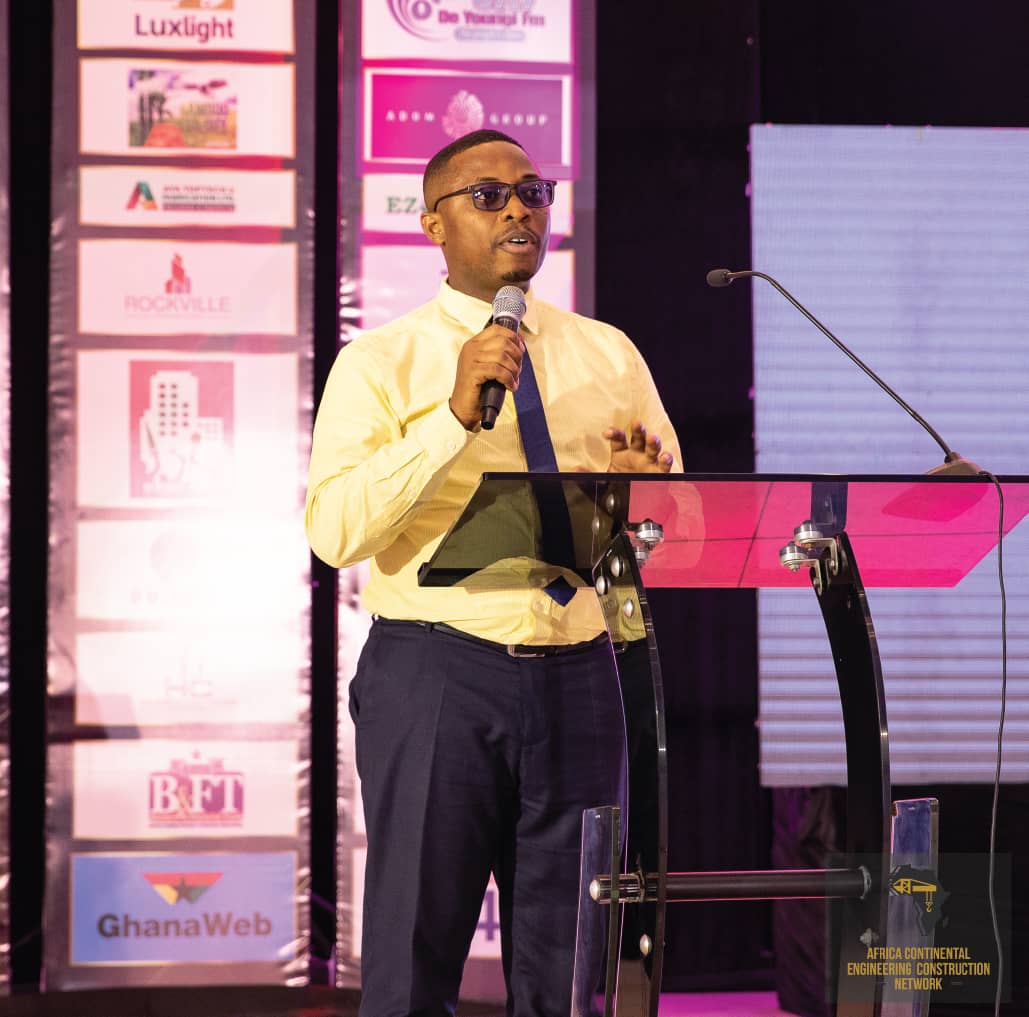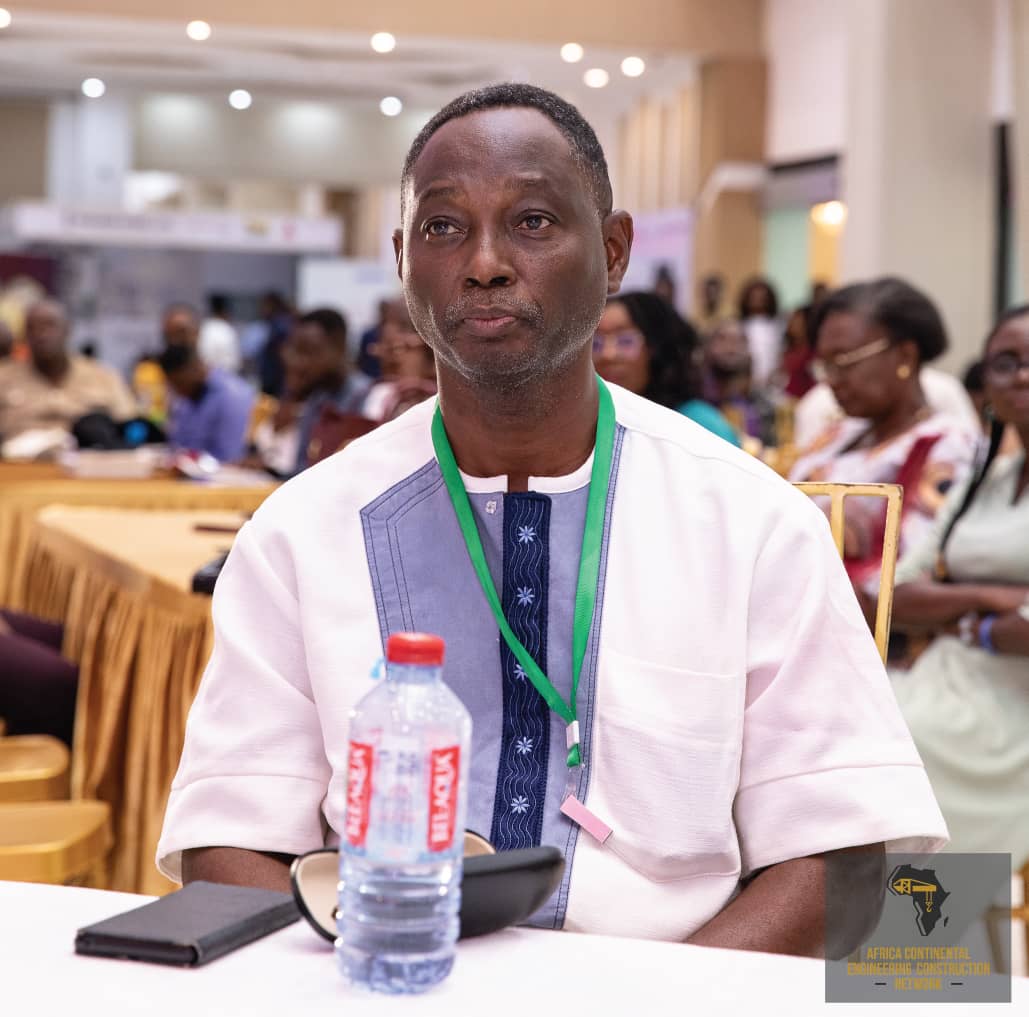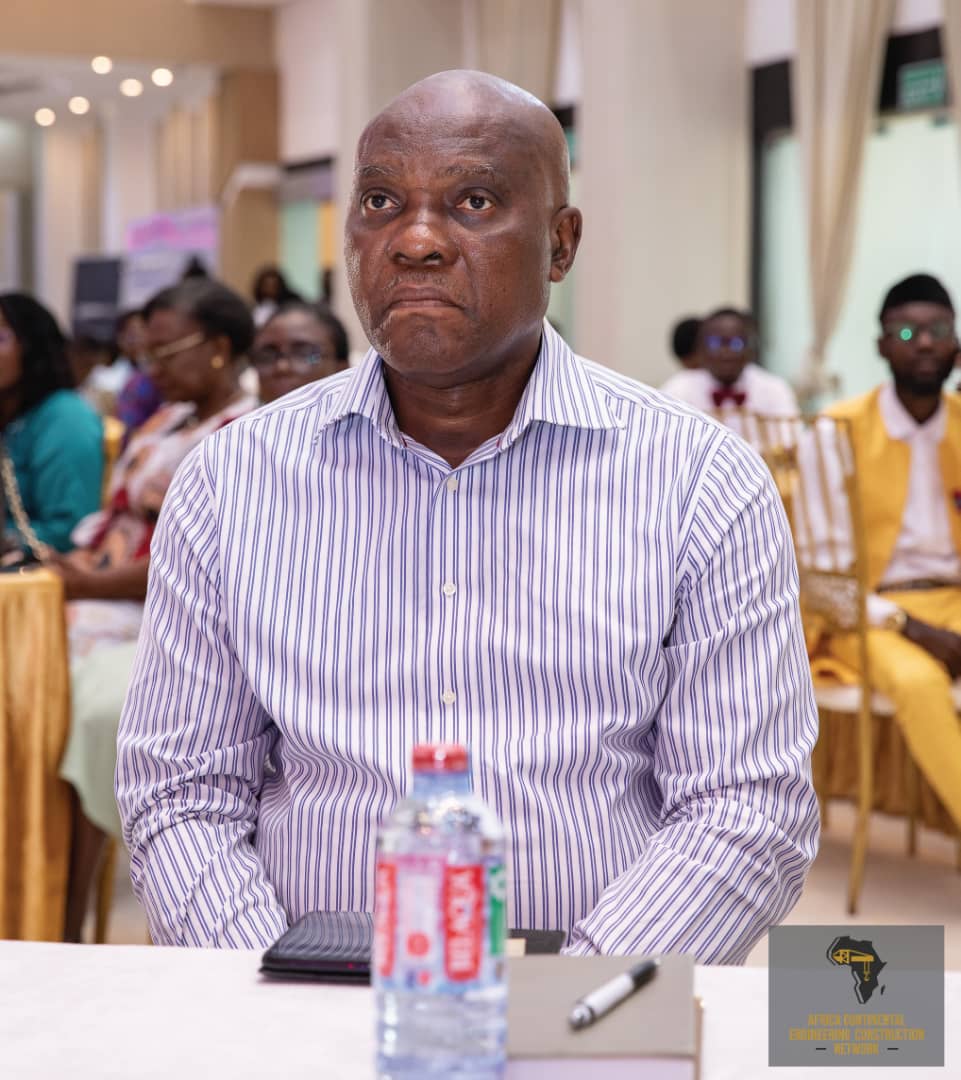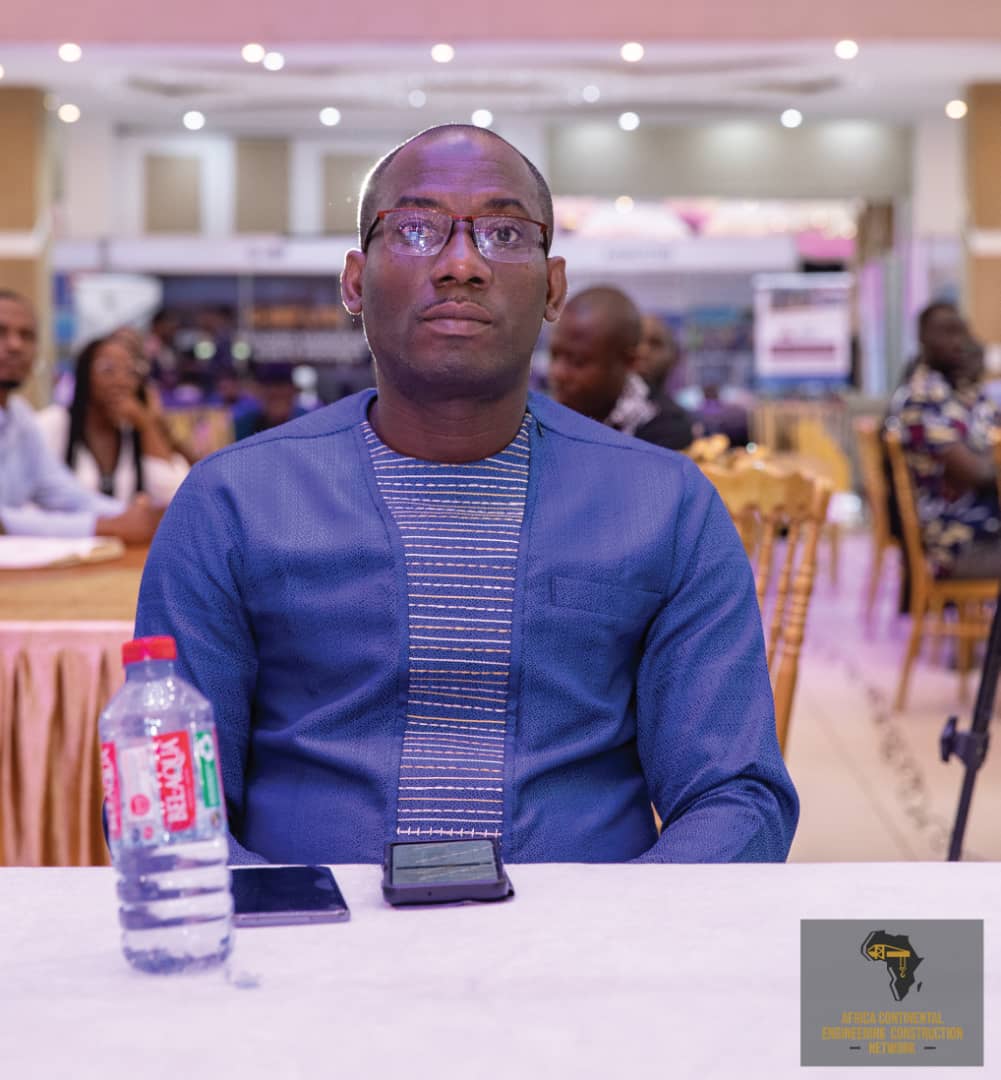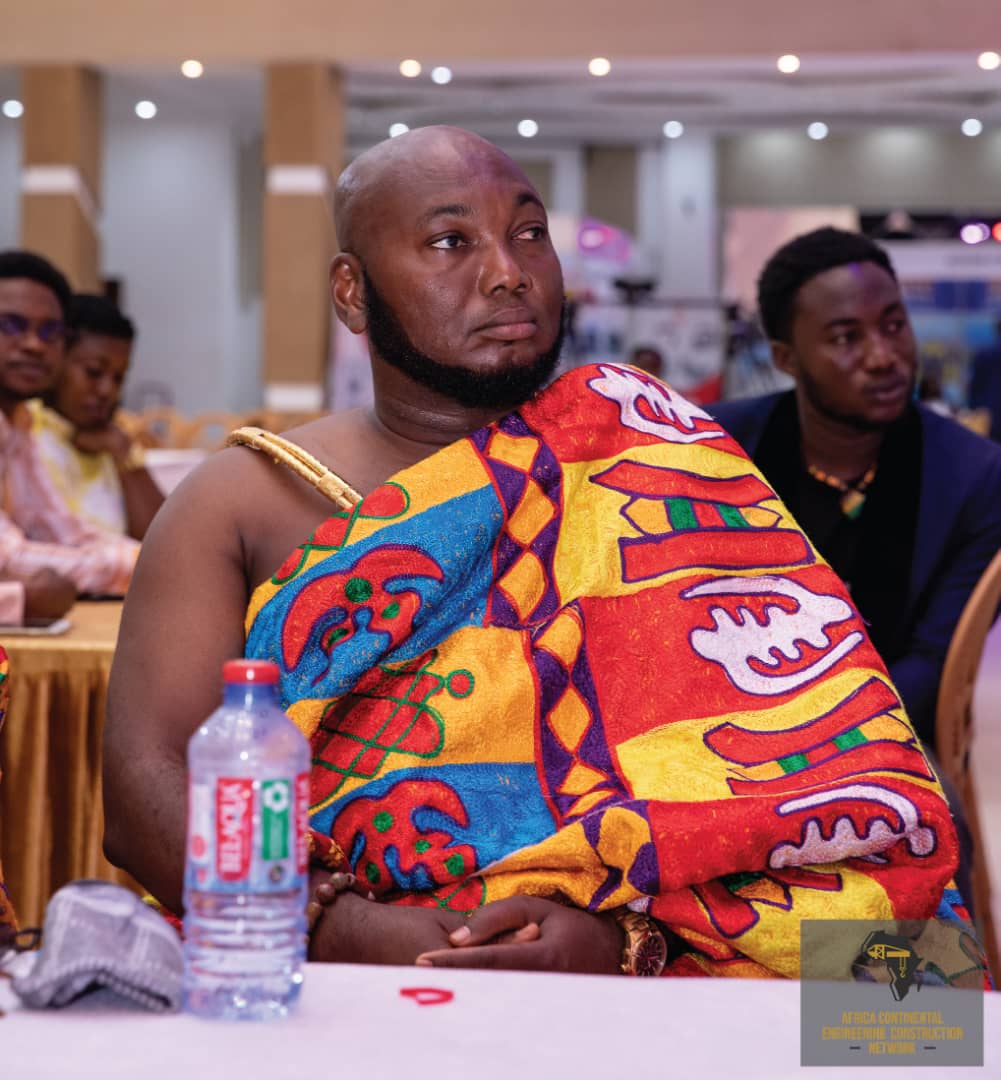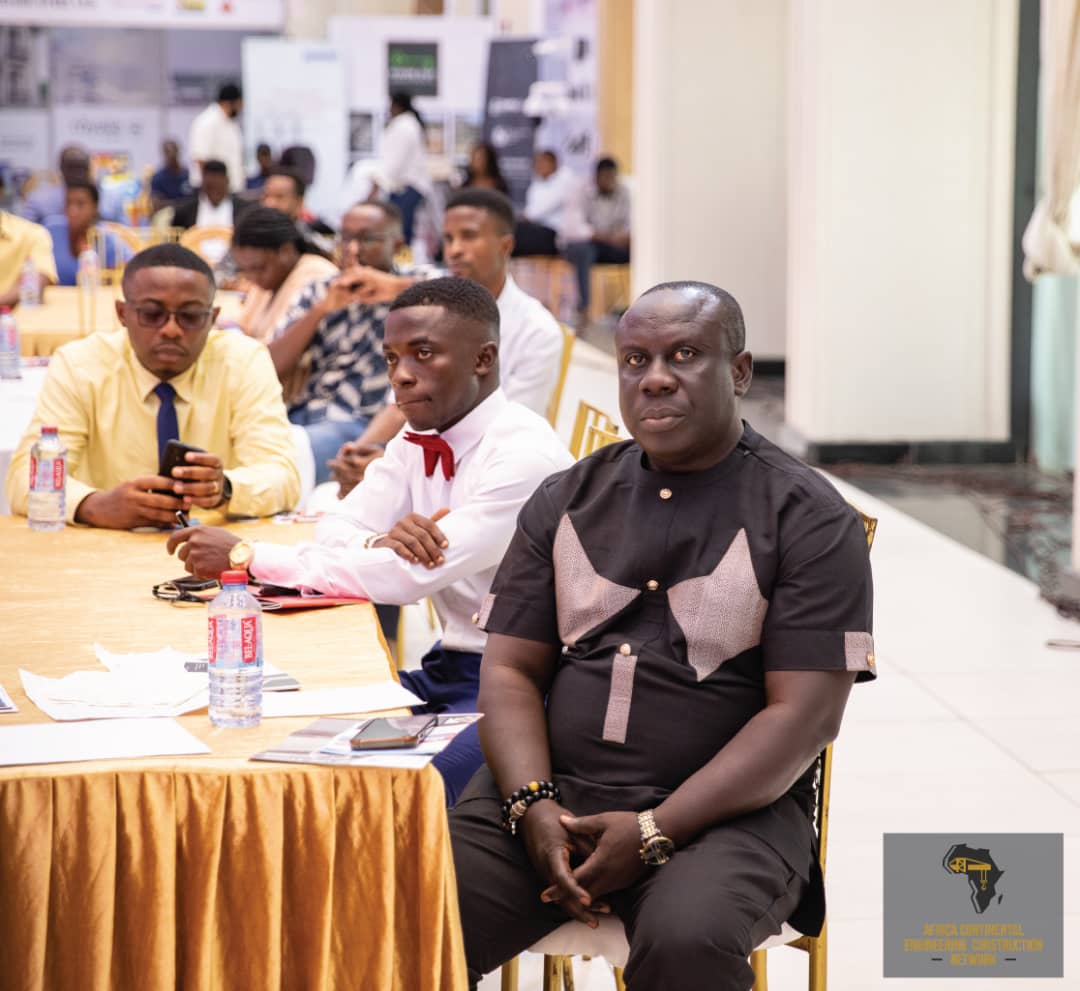Report: Mohammed A.Abu
The Islamic Development Bank Institute(IsDBI) in partnership with EZBusiness,a private Business Consultancy firm has kicked off the development of the pioneering Islamic Finance Knowledge Pavilion Marketplace, an official statement distributed by the APO Group on behalf of the Institute said in Jeddah, Sunday.
The Pavilion, according the statement, will provide a digital marketplace of validated solution providers (institutions, consultants, and experts) in Islamic finance and economic development, and offer a one-stop shop for listing opportunities and seamless digital experience in the matchmaking of suppliers and customers.
Phase 1 of the project, it added, will cover a market assessment, feasibility study, and business plan addressing the competitive landscape based on outcomes of the market assessment and a 5-year financial model and sensitivity analysis while, Phase 2, will cover the development of the Pavilion platform including the interface and content.
This project aligns with the IsDB Institute’s strategic objective to provide fintech knowledge solutions to the Islamic finance industry to support sustainable development in IsDB Member Countries and worldwide.
“The Islamic Finance Knowledge Pavilion Marketplace is not just a platform, but it is also a catalyst for creative collaboration within the Islamic finance industry and the development landscape. We are confident that this initiative has the potential to create enduring value for all stakeholders.” Dr. Sami Al-Suwailem, Acting Director General, IsDBI, stated
The Islamic Development Bank Institute is the knowledge beacon of the Islamic Development Bank Group. Guided by the principles of Islamic economics and finance, the IsDB Institute leads the development of innovative knowledge-based solutions to support the sustainable economic advancement of IsDB Member Countries and various Muslim communities worldwide.
EZ2Business (https://EZ2Business.com), a business consultancy company that provides expert advice and builds custom solutions to address business transformation.
For more information about the project, please contact Mr. Yazan Alsayed (yalsayed@isdb.org) or Mr. Mohamad Naamani (mnaamani@isdb.org).
The Islamic Development Bank Institute(IsDBI) in partnership with EZBusiness,a private Business Consultancy firm has kicked off the development of the pioneering Islamic Finance Knowledge Pavilion Marketplace, an official statement distributed by the APO Group on behalf of the Institute said in Jeddah, Monday.
The Pavilion, according the statement, will provide a digital marketplace of validated solution providers (institutions, consultants, and experts) in Islamic finance and economic development, and offer a one-stop shop for listing opportunities and seamless digital experience in the matchmaking of suppliers and customers.
Phase 1 of the project, it added, will cover a market assessment, feasibility study, and business plan addressing the competitive landscape based on outcomes of the market assessment and a 5-year financial model and sensitivity analysis while, Phase 2, will cover the development of the Pavilion platform including the interface and content.
This project aligns with the IsDB Institute’s strategic objective to provide fintech knowledge solutions to the Islamic finance industry to support sustainable development in IsDB Member Countries and worldwide.
“The Islamic Finance Knowledge Pavilion Marketplace is not just a platform, but it is also a catalyst for creative collaboration within the Islamic finance industry and the development landscape. We are confident that this initiative has the potential to create enduring value for all stakeholders.” Dr. Sami Al-Suwailem, Acting Director General, IsDBI, stated
The Islamic Development Bank Institute is the knowledge beacon of the Islamic Development Bank Group. Guided by the principles of Islamic economics and finance, the IsDB Institute leads the development of innovative knowledge-based solutions to support the sustainable economic advancement of IsDB Member Countries and various Muslim communities worldwide.
EZ2Business (https://EZ2Business.com), a business consultancy company that provides expert advice and builds custom solutions to address business transformati
For more information about the project, please contact Mr. Yazan Alsayed (yalsayed@isdb.org) or Mr. Mohamad Naamani (mnaamani@isdb.org).
Distributed by APO Group on behalf of Islamic Development Bank Institute (IsDBI
The Islamic Development Bank Institute(IsDBI) in partnership with EZBusiness,a private Business Consultancy firm has kicked off the development of the pioneering Islamic Finance Knowledge Pavilion Marketplace, an official statement distributed by the APO Group on behalf of the Institute said in Jeddah, Monday.
The Pavilion, according the statement, will provide a digital marketplace of validated solution providers (institutions, consultants, and experts) in Islamic finance and economic development, and offer a one-stop shop for listing opportunities and seamless digital experience in the matchmaking of suppliers and customers.
Phase 1 of the project, it added, will cover a market assessment, feasibility study, and business plan addressing the competitive landscape based on outcomes of the market assessment and a 5-year financial model and sensitivity analysis while, Phase 2, will cover the development of the Pavilion platform including the interface and content.
This project aligns with the IsDB Institute’s strategic objective to provide fintech knowledge solutions to the Islamic finance industry to support sustainable development in IsDB Member Countries and worldwide.
“The Islamic Finance Knowledge Pavilion Marketplace is not just a platform, but it is also a catalyst for creative collaboration within the Islamic finance industry and the development landscape. We are confident that this initiative has the potential to create enduring value for all stakeholders.” Dr. Sami Al-Suwailem, Acting Director General, IsDBI, stated
The Islamic Development Bank Institute is the knowledge beacon of the Islamic Development Bank Group. Guided by the principles of Islamic economics and finance, the IsDB Institute leads the development of innovative knowledge-based solutions to support the sustainable economic advancement of IsDB Member Countries and various Muslim communities worldwide.
EZ2Business (https://EZ2Business.com), a business consultancy company that provides expert advice and builds custom solutions to address business transformati
For more information about the project, please contact Mr. Yazan Alsayed (yalsayed@isdb.org) or Mr. Mohamad Naamani (mnaamani@isdb.org).
Distributed by APO Group on behalf of Islamic Development Bank Institute (IsDBI

